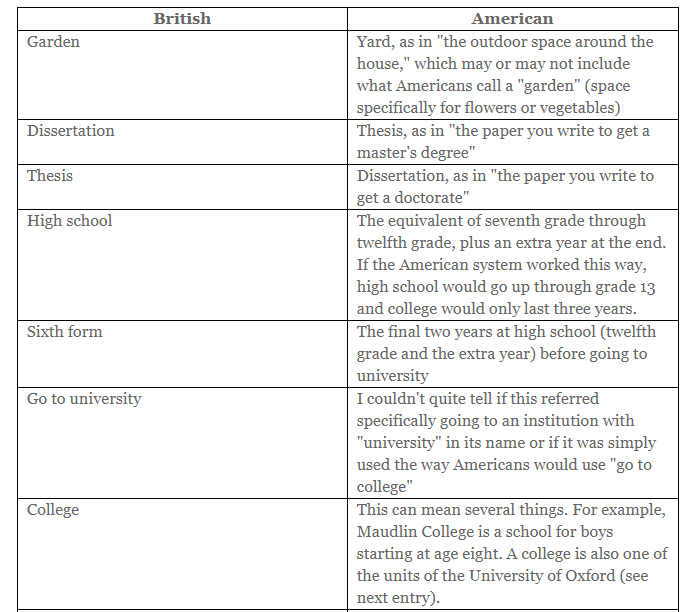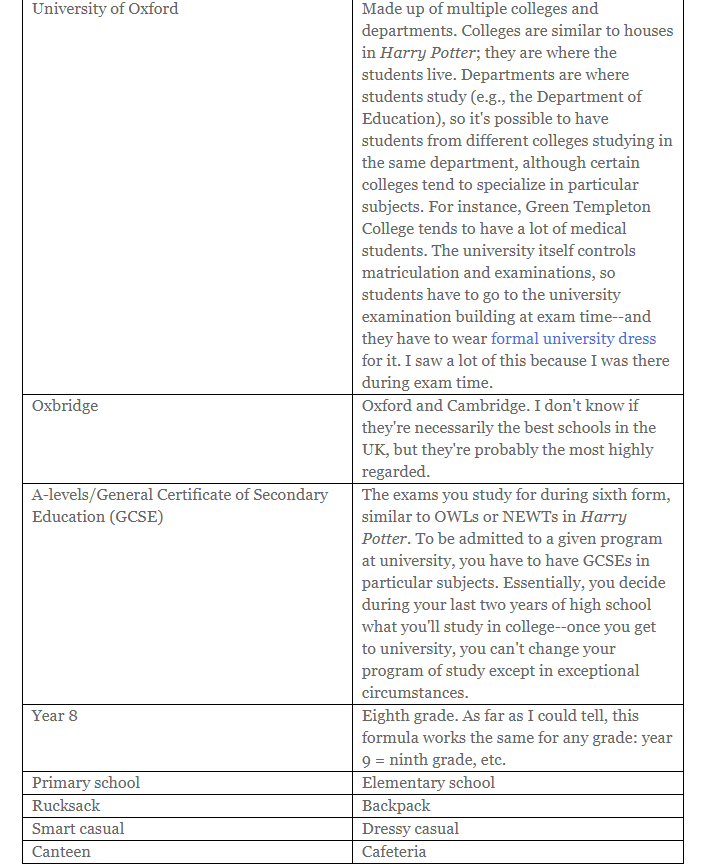ARE YOU SURE THIS IS ENGLISH?
- Candice Bellows, The Story Engineer

- Mar 16, 2020
- 2 min read

One of my favorites from the photos I took during my internship in Oxford, UK
While I was training to be a teacher, I had to complete a cross-cultural internship. One of the options was to do that by spending a term in Oxford, UK, and interning in a school there. I jumped at the chance. The actual interning was a bit disastrous (a story for another time), but I learned a lot from my professor and from just being in the UK for about a month.
See, I thought I spoke English when I went to Oxford. And the people there also thought they spoke English. For the most part, we were both right. But there were quite a few times when we managed to confuse each other. I eventually realized it was because there are many cases where Britons use a word to mean one thing and Americans use that word to mean another thing--or we just don't have those terms in the USA. So I created this much-abridged British-to-American dictionary for myself. Most of these terms relate to education because that's what I was studying.
(Sorry about the weird formatting. I can't create tables in these posts, so I had to take screenshots of the original table.)


Harry Potter and Hogwarts made so much more sense after my time in Oxford!
The point is, even if all your characters speak the same language, there are going to be at least slight differences. Maybe they use the same word to mean different things. Or maybe someone uses a very culturally specific term that confuses everyone else. For example, I grew up in the northern US, so when I moved to the southeastern part of the country, it took a while for me to figure out that when people referred to a "buggy," they meant the things on wheels that you use to hold your groceries at the store ("shopping carts" or "carts" to us Northerners). Now, after seven years in North Carolina, I sometimes catch myself saying, "Cut off [turn off] the lights."
So, whether you're writing in a fantasy setting with various races or whether you're writing about characters from different places in our world, keep language differences in mind. They can provide characterization and be a source of confusion, conflict, or just plain humor. You can also use them in your plot for anything from minor misunderstandings ("Wait, you want me to get a horse-drawn vehicle to carry the groceries?") to serious miscommunications (Briton: "I can't believe you said 'bloody' in a job interview." American: "How was I supposed to know? It's not a swear word back home!").
Write on,
Candice
P.S. With so many of us stuck at home, brighten someone's day. Share this link with them so they can subscribe to these emails!




Comments